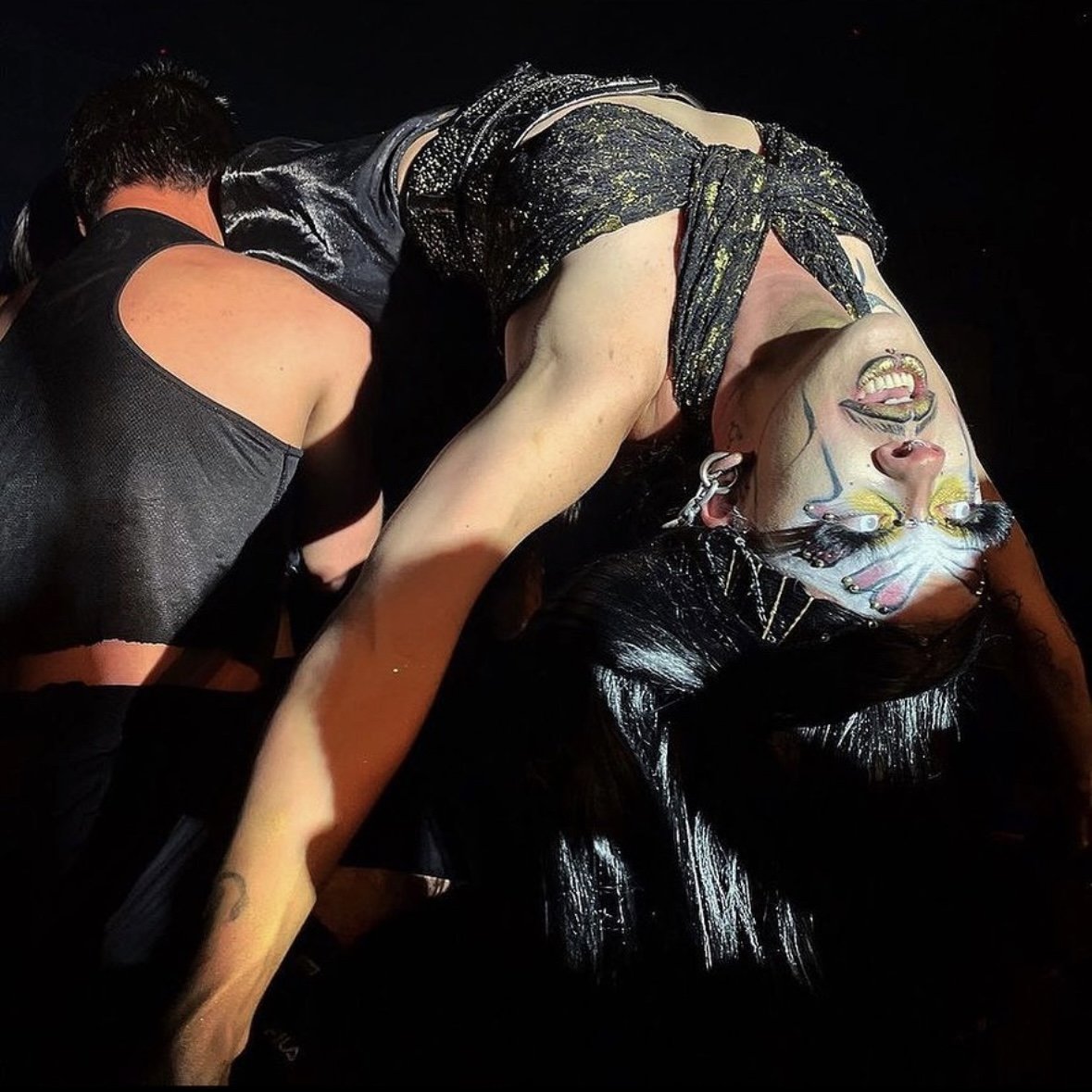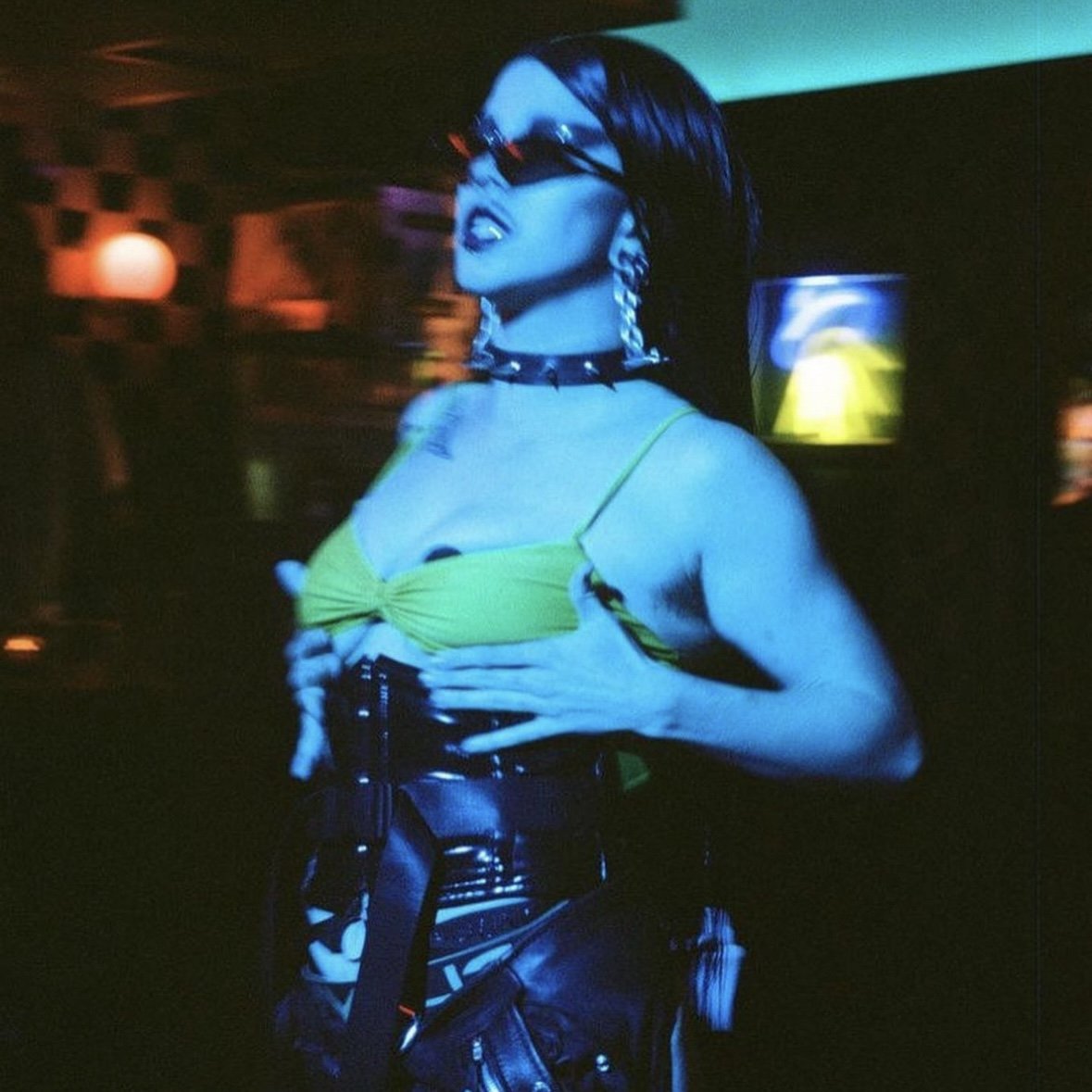Valley Of Vices: Sober Nightlife Workers Share Their Stories
Techno music blares. Cerulean strobe lights flash, illuminating my surroundings every other second. To my left is a blonde woman thrashing her body around. She wipes her nose and sniffs repeatedly. To my right is a much more boisterous woman, drunk enough to fall into those around her every couple of minutes. I’m sober, and I have been for a year.
I’m not alone, either. In the world of nightlife, sober people are all around. They’re on the dance floor. They’re behind the bar. They’re partying harder than they’ve ever partied before, and they feel community in doing so.
You might be asking—aren’t you supposed to avoid triggers when recovering from substance abuse? And that question is one I might’ve said a hard “yes” to if asked years ago. However, it suddenly becomes complicated when I explore my own experiences and the experiences of others.
My Story
I haven’t been sobered for much more than a year, and while my initial response to rock bottom was to avoid nightlife, I soon grew to miss the people who watched me nearly kill myself with alcohol. These people never showed me a shred of judgment when I was spiraling out of control, nor did they judge me when I decided to give up alcohol—the substance is known to keep the party going.
I had been sobered for just 36 days since the first time I relapsed.
My friends all knew what was happening, and to some extent, I did too. I thought that I could rewrite history—that I could have a healthy relationship with alcohol after leaving it in the dust for one month. The only thing I learned was that history repeats itself, and another rock bottom was imminent.
I suppose that the saying “fool me twice, shame on me” must’ve stuck in my brain at some point, because after that second rock bottom, sobriety became a permanent fixture in my life. No more attempting a “healthy relationship” with alcohol. It had to be out of my life for good.
After that, I was able to step away from nightlife for about a month before I began to crave the idea of going out once again. This time, I wasn’t craving liquor—I was craving the feeling of letting loose. Longing for the feeling of sweat wicked to the back of my hair because I’d been dancing all night long. So, I did the only thing I knew how to do when I wanted those flashing lights to reflect from a disco ball onto my body.
I went out.
Only, I didn’t drink. And I wouldn’t ever drink again. Surrounded by both my friends and my vices, I felt oddly empowered. This strength I pulled from deep within me compelled me to truly let go, to dance my heart out. And dance I did. I danced not for the pain that nightlife had caused me, but for the grace and camaraderie it had bestowed upon me.
Fast forward to now, I’m a working nightlife host who gets paid to promote parties from time to time. The connections and friendships that I made within the community of the nightclub have allowed me to benefit from it and take control in reclaiming my narrative. I have the strength to sit behind a table and pour each of my friends a drink while knowing that it simply isn’t for me. The constructs of nightlife had brought me down, but the community, this chosen family that I was surrounded with had lifted me back up.
This experience was tumultuous but rewarding, and it made me curious about the experiences of others. To gain more insight into the impact of nightlife on sober people, I reached out to two other people who were sober and actively working in nightlife.
Lucy’s Story
“Before I got sober, nightlife was mostly just an excuse to get f*cked up.”
Lucy is a sober bartender who currently works at two different bars in Brooklyn. Her sobriety journey started in October of this year. At the time of our interview, she was a little over two weeks sober. “Today I have 16 days which is insane, it felt so impossible for so long.”
She did not take a break from working or participating in nightlife during this lifestyle change. “I wouldn’t even really say I decided to get sober, I just had to.” Lucy's tenacity in making this transition whilst working at a bar is inspiring. “Most of the time I shockingly don’t even think about it.”
While she doesn’t usually think about consuming alcohol on the job, she will struggle from time to time. “Sometimes it’s easy, and other times it’s really difficult. The hardest time is when the bar is empty.”
It’s solitude that can be the hardest for some recovering alcoholics, which is why nightlife can tend to be healing. Lucy states, “I feel a lot more present and it’s great actually being able to remember what I did and who I talked to and what I said.”
When she’s in a venue she likes, surrounded by people she’s comfortable with, Lucy feels secure and able to be herself. “I have a lot more fun when I go out now,” she says. For Lucy, nightlife has been a back and forth battle, but right now she has the upper hand.
Maxx’s Story
“I wanted to do drag for like 5 years, but addiction always sort of knocked me down. So I think it [sobriety] finally gave me permission to do the thing, and fully be myself.”
Maxx Love is a drag performer who is active in the queer nightlife scene. He’s been a drag performer for one year, and sober for two. “I have never felt so held in my life as I do by the people that exist there,” Maxx said regarding his community.
Early in their sobriety, Maxx felt a lot of isolation and didn’t know exactly how to navigate that. “All of my vices were gone. And that’s the tough thing. Finding something to replace it.”
As he began to drag and started going out more, he became more introspective about his surroundings: “Queer nightlife, and nightlife in general—a lot of the tools we have are drugs and alcohol, so it can be interesting to navigate.”
Doing drag and exploring the nightlife community as a sober person helped Maxx come into themselves as a person and as a performer. “Drag has created access to something that I never knew existed,” he said.
Performing isn’t always a walk in the park, for Maxx. They stated, “Some nights are harder than others—depending on the place, depending on the people, depending on the audience. All of that factors in. The coming into new spaces—when you do a new show at a new venue where you don’t necessarily know everybody. That feels hard. And then there’s relief later. But it’s vulnerable.”
Maxx feels respected by the drag community and acknowledges that his drag performances and nightlife appearances don’t always have to be the highest energy to get his point across. “I’m not trying to be the life of the party; I’m just sharing what I want to share. I’m in drag, so there’s already a layer of protection.”
The way Maxx feels most ingratiated in nightlife is when surrounded by their community. “It’s finding the right people, ones who support you.”
Nightlife is a community, and while it won’t always be a perfect institution, it can engender a lot of positive energy. Every sober person has a different experience with nightlife, and that’s to be expected. But for some of us, the best way to let go and release inhibitions can be found in a dancefloor, surrounded by loved ones.





